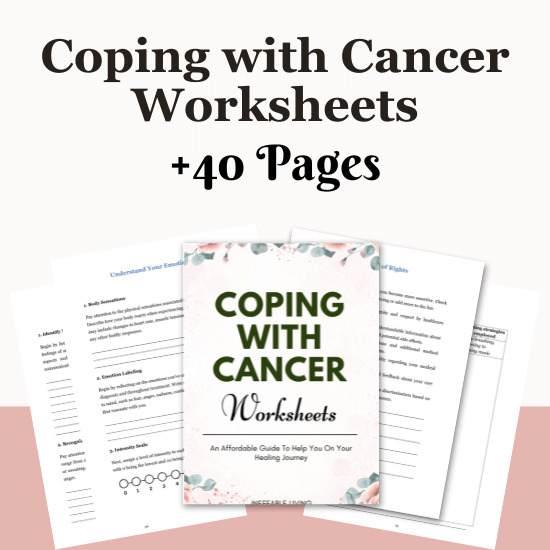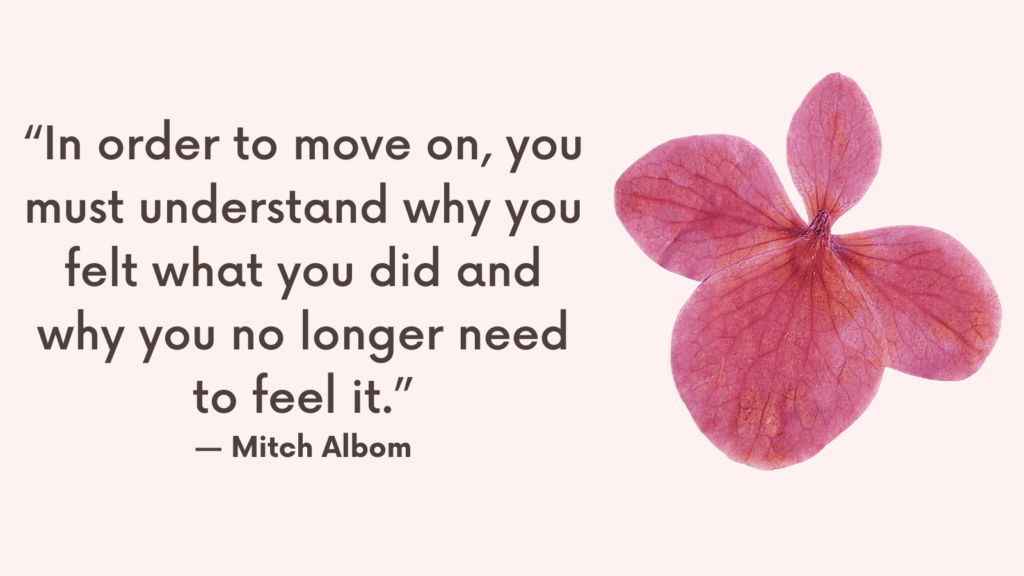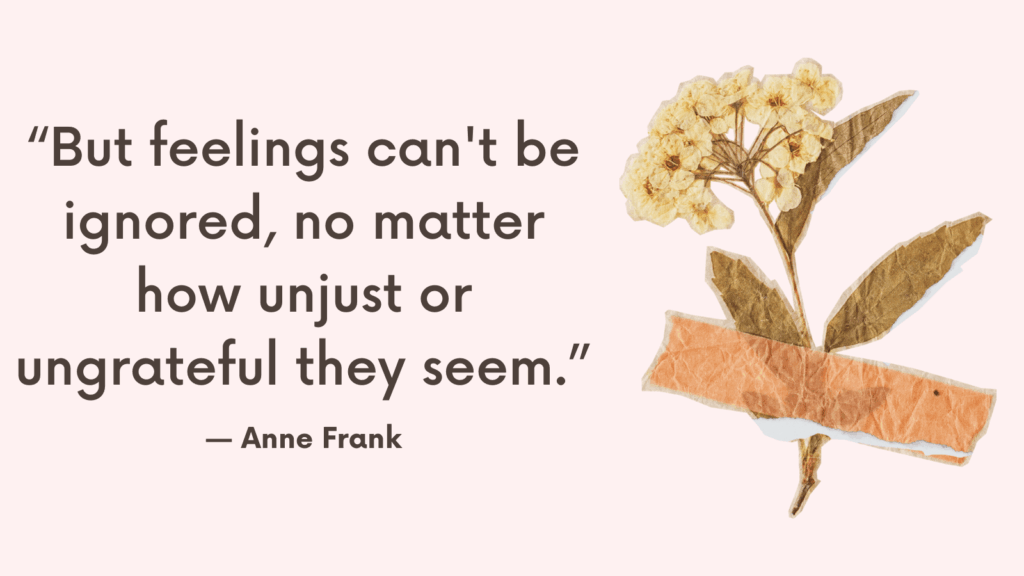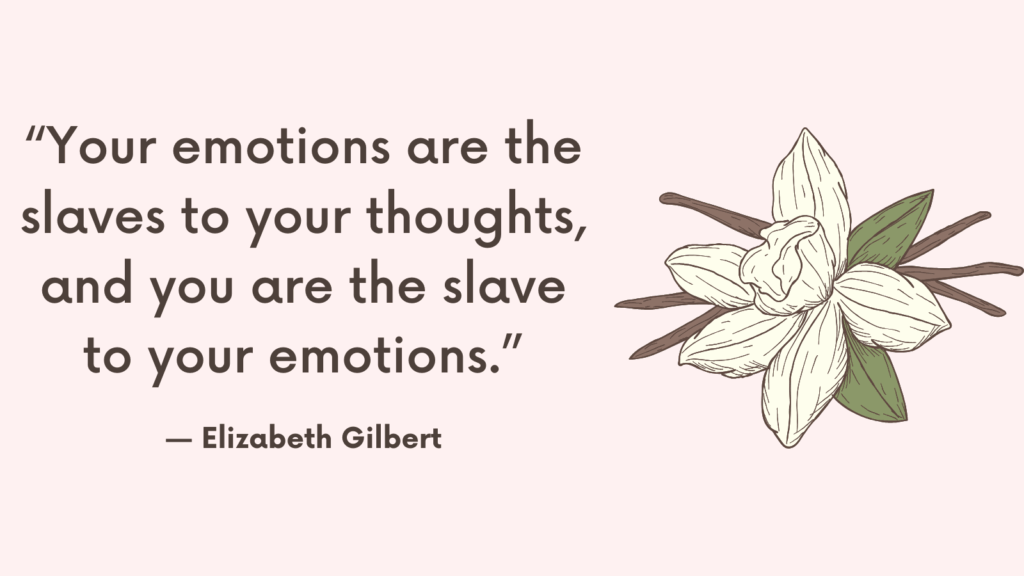Anger is a natural—and deeply human—response to being told your life has an endpoint you didn’t choose. You may feel betrayed by your body, furious at the timing, resentful of others who seem healthy, or enraged at the unfairness of it all. Anger doesn’t make you negative. It makes you real. Here’s how to navigate that fire without burning yourself out.
When Anger Becomes the Loudest Emotion
A terminal illness diagnosis doesn’t just bring sadness—it can also ignite something hot, sharp, and often unexpected: anger.
Anger at your body
Anger at the timing
Anger at the doctors
Anger at people who don’t understand
Anger at life for being so deeply unfair
This anger isn’t wrong. It’s real. And it deserves to be held—not silenced. Because beneath it, there is often grief, fear, powerlessness, and a desperate wish for things to be different.
You’re not a bad person for being angry. You’re a person having a human response to a devastating truth.
Why Anger Shows Up After a Terminal Diagnosis
Anger is your body’s natural way of trying to regain control
It creates a sense of protection when you feel vulnerable
It can serve as a shield for sadness, fear, or despair
It arises when you feel unheard, unsupported, or betrayed by your body, by others, or by fate itself
Anger is not a failure in coping—it’s part of it.
The Problem Isn’t Anger—It’s What We Do With It
Pushing it down creates emotional numbness
Letting it explode can damage relationships
Ignoring it can turn into shame
But naming it, understanding it, and working with it can become one of the most powerful tools for healing
Here are some ways to move through anger when you’ve been diagnosed with a terminal illness.
What to Do When You’re Angry at the Diagnosis of Terminal Illness
1. Let Yourself Feel the Rage
You don’t need to stay calm or “graceful.” If you’re angry, name it:
“I’m furious. I didn’t ask for this. I don’t deserve this.”
You’re not wrong for feeling what anyone in your shoes would feel.
2. Understand That Anger Is a Form of Grief
This isn’t just frustration—it’s grief disguised as fire. You’re grieving time, control, future plans, and the life you thought you’d have. Anger is part of mourning.
3. Don’t Rush to Forgive or “Find Meaning”
You don’t need to make peace with your diagnosis overnight—or ever. You are allowed to be angry for as long as you need. There’s no spiritual deadline.
Related: How to Protect Your Mental Health After a Cancer Diagnosis?
4. Move the Anger Through Your Body
Anger is energy. Let it move. Try:
- Punching a pillow
- Yelling into a towel
- Running, dancing, stomping, shaking
Physical release prevents emotional buildup.
5. Be Selective With Who You Share It With
Some people may try to silence or “fix” your anger. Talk to those who can sit with your pain without judgment—therapists, spiritual guides, or friends who listen.
Related: You’re Not Just Tired: Understanding Cancer-Related Depression
6. Write It Out Raw and Unfiltered
Don’t worry about being “fair” or “polite.” Journal everything:
“I hate this.”
“I’m scared I’ll be forgotten.”
“I want more time and it hurts that I won’t get it.”
Give your anger a place to live outside your body.
7. Ask: What Is the Anger Trying to Protect?
Sometimes beneath the rage is fear, helplessness, or deep sadness. Your anger might be saying:
“This hurts too much to touch directly.”
Let your anger speak—but also listen underneath it.
8. Avoid the Pressure to Be “Inspirational”
You don’t have to perform strength or positivity for anyone. This is your journey. You can be raw, real, and angry—and still be deserving of love and care.
9. Create Boundaries With People Who Minimize Your Experience
Statements like “Everything happens for a reason” or “Stay strong” can feel dismissive. It’s okay to say:
“I don’t need advice. I just need space to feel this.”
10. Know That Anger Doesn’t Mean You’re Losing Hope
You can be angry and still want to live fully. You can rage and still love deeply. Anger doesn’t cancel out hope—it means you still care.
Related: 10 Gentle Ways to Start End-of-Life Planning

Conclusion
Being angry at a terminal diagnosis is not a failure of mindset—it’s a cry for fairness in an unfair moment. Your anger deserves space. It deserves understanding. It’s one of many emotions that will come and go as you walk this path. Let it rise. Let it speak. Let it move through you—not define you.



